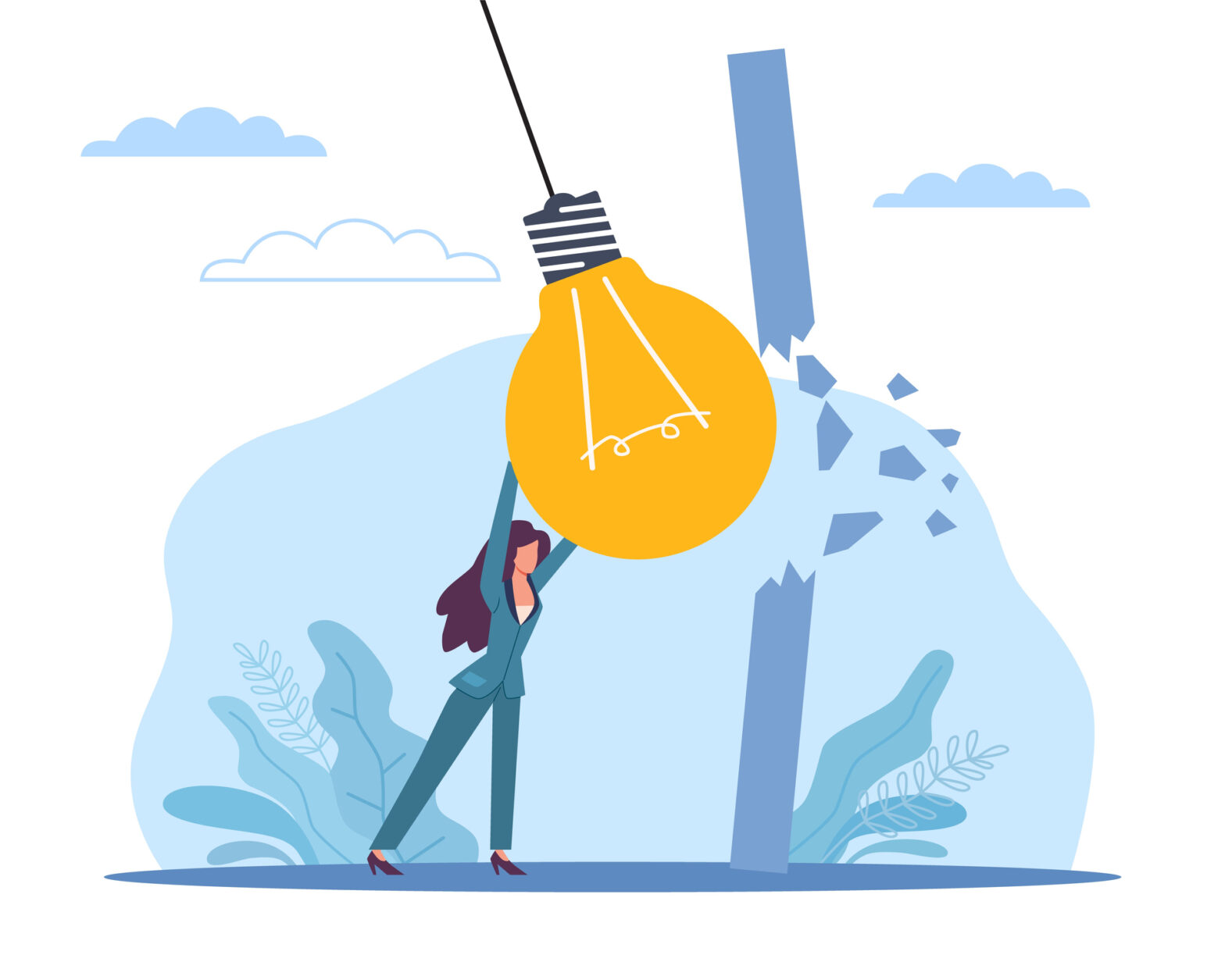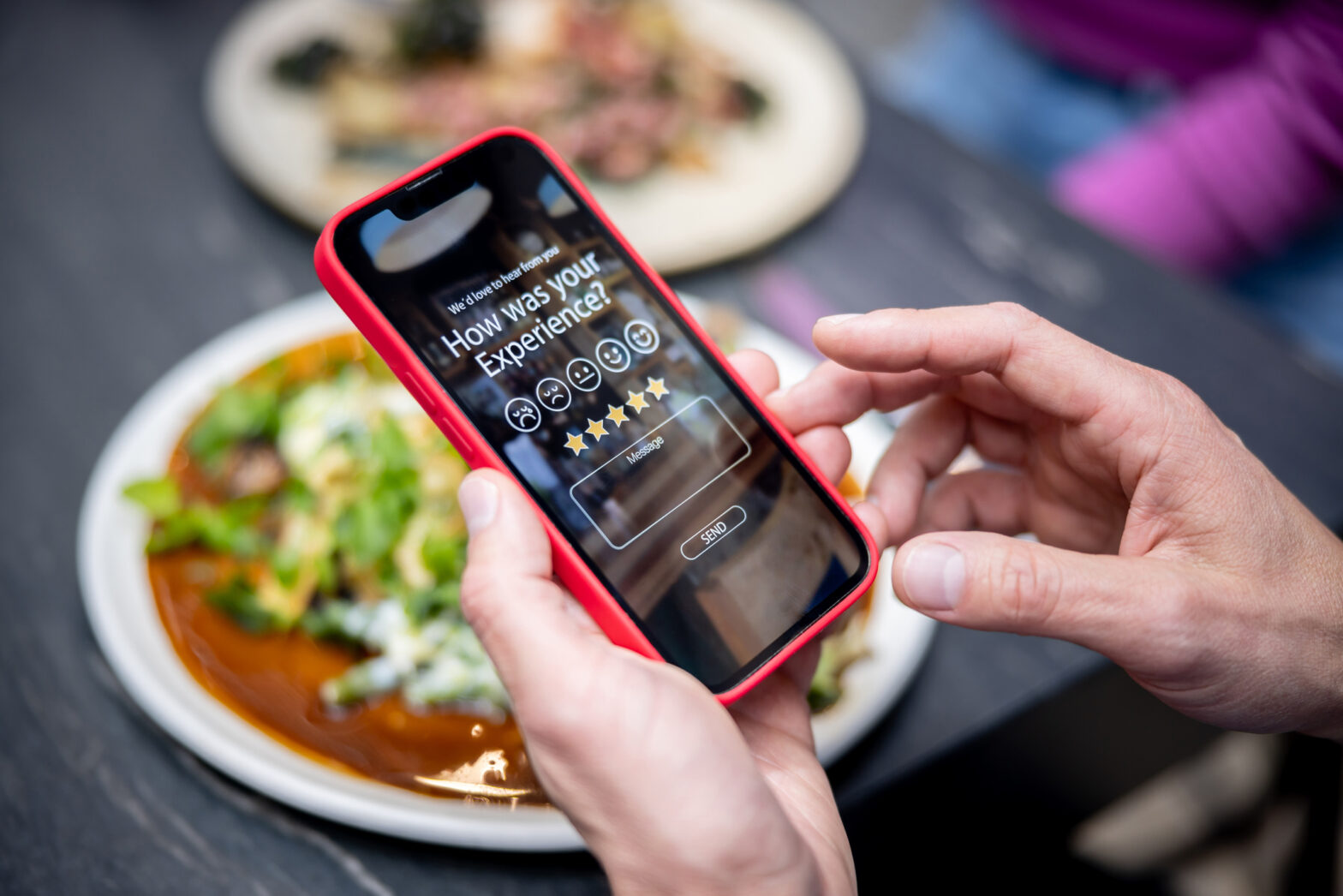From the Irish bailout to the EU inquiry into Google, we are seeing an increasing power shift away from sovereign nations.
From the Irish bailout to the EU inquiry into Google, growing rise of Facebook, student protests, and the recent ‘cyber-terrorism’ of Wikileaks, we are seeing an increasing power shift away from sovereign nations.
This is of no surprise to anyone familiar with the business strategy books of Kenichi Ohmae, or indeed many of the globalisation and social media books of recent time. Power was moving already, having aggregated away from the church and nation states to global multi-nationals and banks, then to the legacy media empires.
It has since migrated to celebrity, the web-giants and the handset in your hand, but the emerging question is now: in a real-time connected world who, if anyone, is in charge? X-Factor? Apple? Hedge funds? You?
The fundamentals are scary and perhaps raise the risk of volatility and uncertainty ahead. Nations, beyond providing services, are often effective by their sluggishness or due process of debate, democracy, careful diplomacy and indeed secrecy, which all combine to provide a dampener on activity that might otherwise prove dangerous or stupid.
Shifting power to the madness of the crowd, the greed of the hedge funds or questionable moral authority of the blogger or independent journalist, can be dangerous, particularly in a world of few editorial controls.
Google provides editorial by popularity, but its commercial effectiveness no doubt lies on such search results being ineffective and viewers clicking on advertising links in hope of finding an answer. Facebook favours editorial by social collective and recommendations by friends, which can often converge on the obscure, the dullness of the commons or the power of brands.
We live in a world where our brains and judgement are being outsourced evermore to our friends and networks.
Journalists have long since traded up editorial and accuracy, in favour of sensationalism. Even the BBC recently chose the cheap attention gaining shot of running a FIFA bribery panorama ahead of the critical 2018/2022 decision.
Wikileaks represents perhaps the worst role of social networks. It is a threat to all good collaborative websites and perhaps now, even to the openness and accessibility of the web itself. It is perhaps surprising with its serial attacks on US interests that it hasn’t yet been declared a terrorist organisation and had its resources seized, given the lives, negotiations, and wars in progress, or potential wars such as in the south seas, that are directly impacted.
Even China recently redirected a vast mount of the world’s web traffic through its servers and the number of cases of cyber-fraud, where credit card numbers have been siphoned off, seem to be growing daily.
Such fault lines in the critical infrastructure of the web, which business increasingly depends on, are a major concern.






